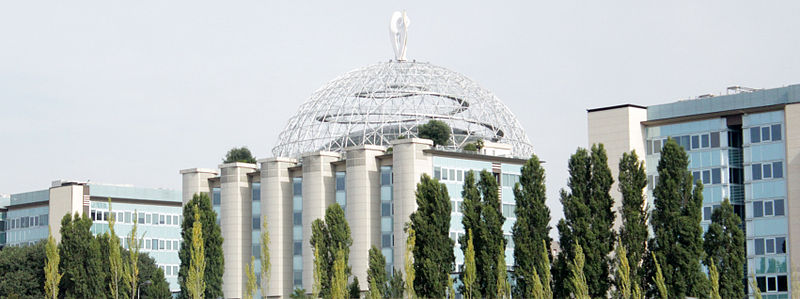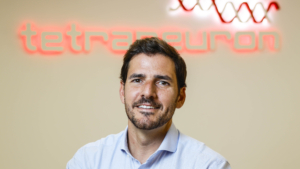
Stem cell gene transfer treats IL-1 immune diseases
Italian researchers have successfully ameliorated several IL-1-based autoimmune disorders by gene therapy into transplantable hematopoietic stem cells of mice.
Dysregulation of the interleukin-1 (IL-1) pathway leads to immune diseases that can result in chronic tissue and organ inflammation. Although IL-1 blockade has shown promise in ameliorating these symptoms and improving patients’ quality of life, there is an urgent need for more effective, long-lasting treatments. Using lentivirus-mediated expression the IL-1 receptor antagonist (IL-1RA) in hematopoietic stem cells (HPSCs) a team headed by Alessandra Mortellaro from San Raffaele Hospiítal in Milan observed improvement of symptoms of three IL-1-mediated diseases in mice and stable expression as well as proper differentiation both, in mice and human HPSCs.
The researchers believe they have found a possible curative therapy for IL-1 disorders such as gout, cryopyrin-associated periodic syndromesand autoimmune encephalitis, which mimics the symptoms of multiple sclerosis. In contrast to IL-1 blockers that are not easy to dose and which require lifelong use, the gene-HPSC therapy approach must be applied theoretically once to give a long lasting effect.
The researchers showed that IL-1RA expression blocked the IL-1-based recruitment of neutrophil granulocytes and by doing so prevented multi-tissue inflammation. The technique also reduced disease severity in mice with an autoimmune encephalomyelitis model of multiple sclerosis.


 Immunic/Nela Dorner
Immunic/Nela Dorner Tetraneuron SL - Álvaro García
Tetraneuron SL - Álvaro García Cellular Origins Ltd
Cellular Origins Ltd